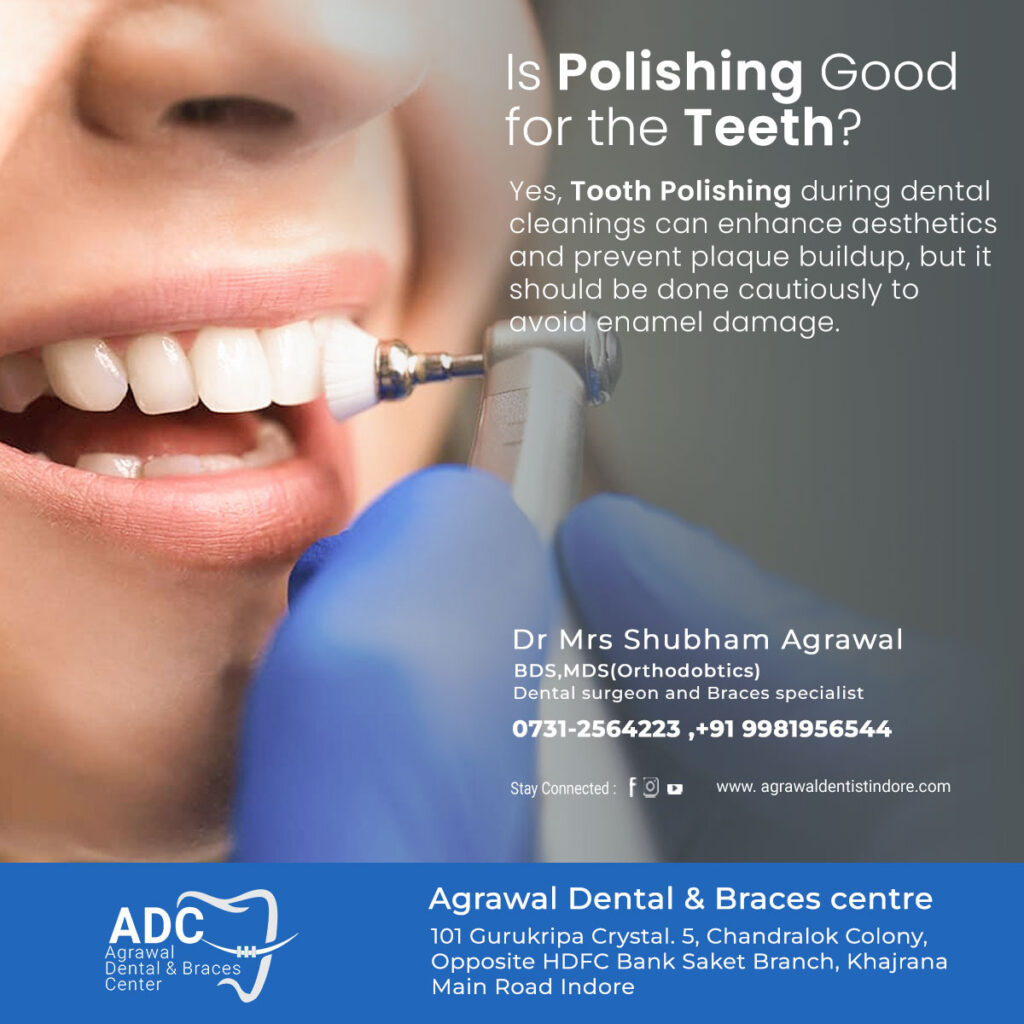Is Polishing Good for the Teeth?
What is Teeth Polishing?
Teeth polishing is a dental procedure that involves removing stains and plaque from the teeth to enhance their appearance and overall health.
While it may sound like a cosmetic treatment, polishing offers several benefits beyond just a shiny smile.
Teeth polishing enhances the appearance of teeth by removing external stains, resulting in a brighter and whiter smile.
Teeth polishing offers a range of benefits, from improving oral health and preventing dental issues to enhancing the aesthetic appearance of your smile.
Regular dental check-ups that include polishing can contribute to a brighter, healthier, and more confident you.
If you’re considering teeth polishing, consult with your dentist to understand how it can best fit into your overall oral care routine.

Is Polishing Good for the Teeth?
- One significant advantage of teeth polishing is its role in maintaining good oral health. The procedure helps eliminate plaque and tartar build-up, preventing the development of cavities and gum diseases. By keeping the teeth clean, polishing contributes to a healthier mouth.
- Teeth polishing effectively removes surface stains caused by various factors such as coffee, tea, or smoking. This can significantly enhance the brightness of your smile, boosting your confidence and self-esteem. Regular polishing sessions can help maintain a radiant and stain-free appearance.
- Teeth polishing plays a preventive role in dental care. The removal of plaque and tartar during the polishing process reduces the risk of tooth decay and gum problems. This preventive aspect is crucial for long-term oral health.
- While daily brushing and flossing are crucial for plaque control, polishing provides a thorough cleaning to reduce the risk of dental issues.
- A dental hygienist typically uses a specialized tool and a polishing paste to gently remove surface stains and plaque. The process is quick and can be part of a regular dental check-up.
Dr. Shubham Agrawal
Dentist

Leave a Reply